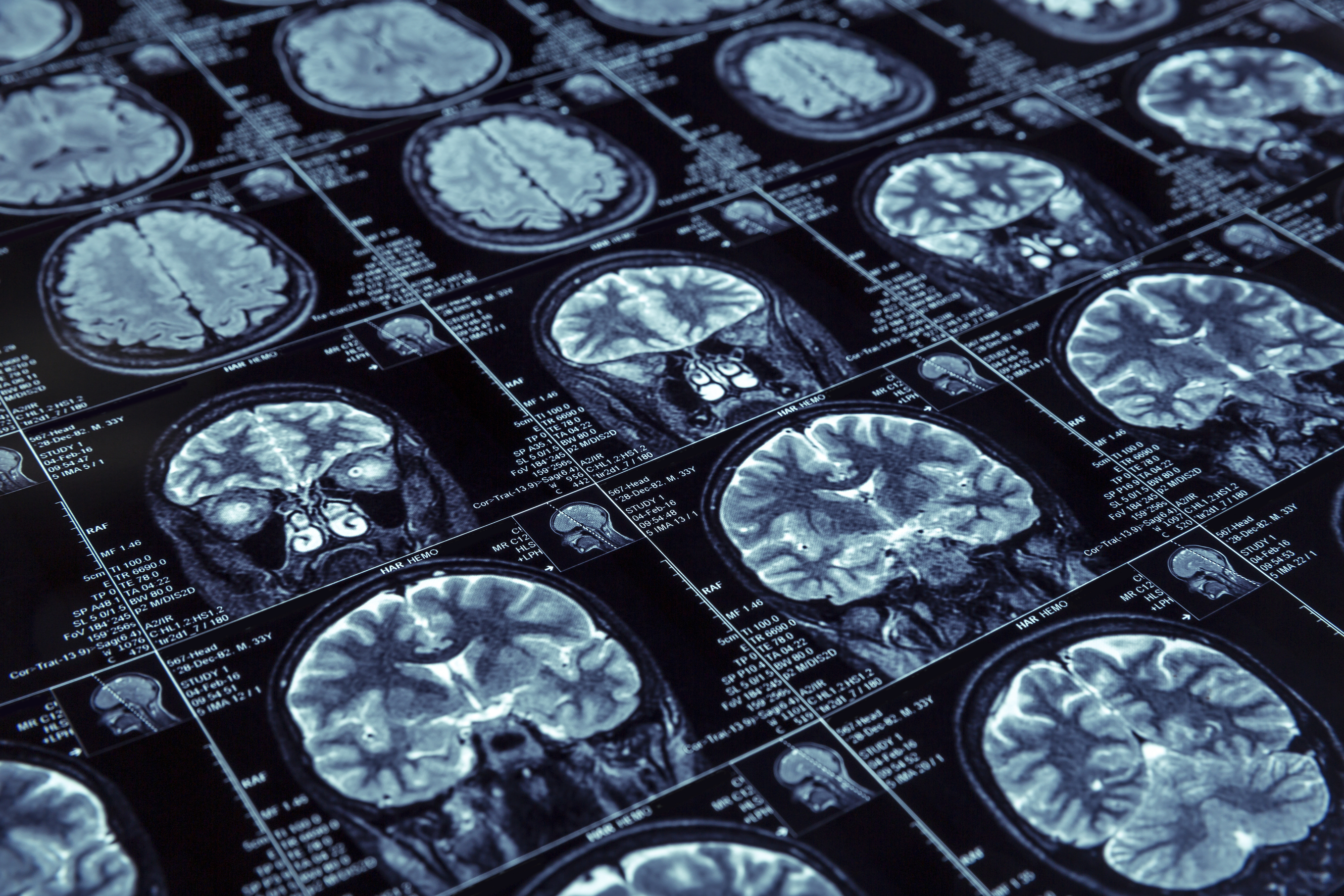AI platform says Olumiant could be repurposed for Alzheimer’s

With so many novel drug candidates for Alzheimer’s disease failing in clinical development, researchers in the US have started using artificial intelligence (AI) to screen already-approved therapies for activity against the neurodegenerative disorder.
A team based at Massachusetts General Hospital and Harvard Medical School has come up with an AI algorithm – called DRIAD (Drug Repurposing In Alzheimer’s Disease) – that it hopes will not only find treatments but also tease out new therapeutic targets.
The AI uses machine learning to measure what happens to human brain neural cells when treated with a drug, and could be “a more rapid and less expensive option” than clinical trials of novel therapeutics, according to the researchers.
In the journal Nature Communications, Harvard informatics specialist Artem Sokolov and colleagues report that early studies with the platform based on 80 approved drugs suggest Eli Lilly’s Olumiant (baricitinib) as a possible candidate for repurposing as an AD therapy.
It’s not the first time that AI has suggested a new role for Olumiant, which is approved as an arthritis drug. Last year, UK drug discovery specialist BenevolentAI used a machine learning platform to identify the JAK inhibitor as a possible candidate for COVID-19, and Lilly has now started phase 3 trials investigating this use.
“Unfortunately, even for previously approved drugs, clinical trials require substantial resources, making it impossible to evaluate every drug in patients with Alzheimer's disease,” says Sokolov. “We therefore built a framework for prioritising drugs, helping clinical studies to focus on the most promising ones.”
The method examines whether the changes induced by a drug correlate with molecular markers of disease severity in Alzheimer’s, and revealed those that had protective as well as damaging effects on brain cells.
It also allows researchers to examine which proteins are targeted by the most promising drugs and if there are common trends among the targets.
Olumiant was the most promising out of a clutch of JAK inhibitors identified by DRIAD, which ties in with research suggesting that there may be an inflammatory component in the pathology of Alzheimer’s.
Trials of anti-inflammatory drugs have been carried out since the 1990s – mainly nonsteroidal anti-inflammatory drugs (NSAIDs) like aspirin, naproxen and ibuprofen – but had limited success. So far none have been recommended for either prevention or treatment of the disease.
Attention has since turned to other pathologies like amyloid plaque and tau fibril aggregation in the brain, again with little success and billions of dollars invested, although Biogen’s amyloid-targeting candidate aducanumab has a chance of getting FDA approval this year.
Armed with the new results, Olumiant will be tested in a clinical trial for patients with “subjective cognitive complaints, mild cognitive impairment, and Alzheimer’s”, according to a Mass General press release.












